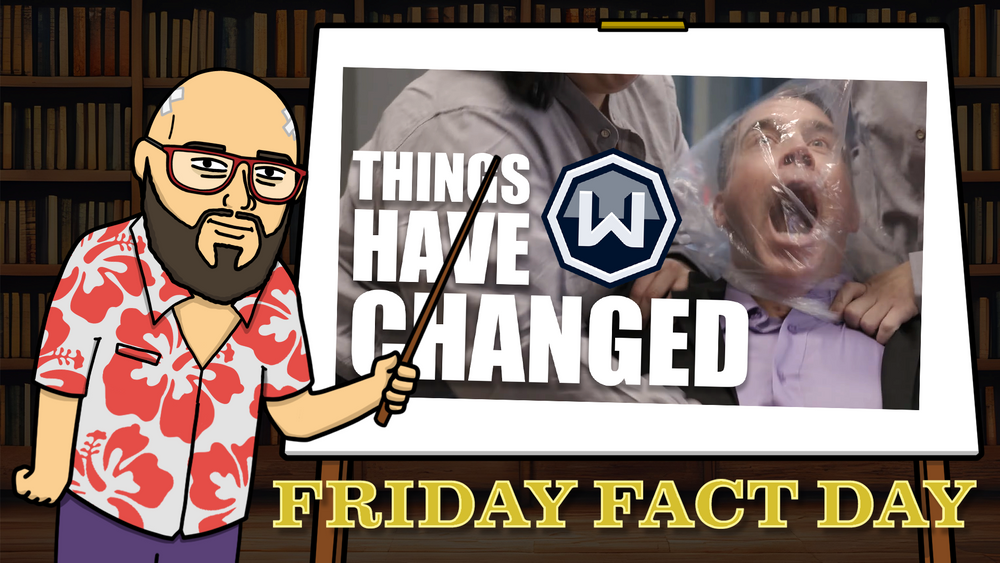Good day, dearest readers, and welcome to Friday Factday! I am your Encyclopedic Extraordinaire, Ben, and in this weekly piece, I expand your minds with tantalizing tidbits of knowledge about cybersecurity, digital privacy, and, of course, Windscribe.
So, without further ado, let us begin another foray into Friday Factday!
Today's Topic: Cryptology!
According to the Britannica, cryptology is "science concerned with data communication and storage in secure and usually secret form. It encompasses both cryptography and cryptanalysis".
In the information age, it is most commonly associated with digital data and computer encryption, but passing secret messages has been going on for thousands of years.
Time to Greek Out
Because I'm a wordie, let's begin by taking a quick look at the etymology of the term! You may be inclined to think that the word that describes the intentional obfuscation of language would have a mysterious, clever, or convoluted origin...
In the case of "cryptology", its routes are founded in Greek, from the words kryptós ("hidden/secret") and either lógos ("word") or graphein ("to write"). It's that on-the-nose. I wonder if whoever coined the term had a good ol' chuckle to themselves?
Spartan Spec Ops
While the oldest theorized use of cryptography belongs to a 4000-year-old Egyptian nobleman's tomb, the first confirmed implementation belongs to the Spartans of 5 BC.
These famed and feared (and somewhat homoerotic) warriors developed a cryptographic device, called a Scytale, with the sender and receiver each having a Scytale of the same size and shape. The sender would weave a piece of parchment or leather around this wooden stick before writing their message; when unwound from the Scytale, the letters would be all jumbled up and unintelligible - unless, of course, the reader had a matching Scytale, allowing them to wind the message back round and read it clearly.
This is the first example of a transposition cipher, where the letters are the same but the order is changed. This method is still the basis for many modern-day techniques - albeit with more sophisticated tools than the Scytale.
Lost Languages
Everyday language doesn't fall under the realm of cryptology because there is no intentional obfuscation involved. Similarly, we have examples of everyday ancient texts that were not intended to be 'encrypted', but over time we have lost understanding of these languages, and they become 'encrypted' through lack of translation.
These instances are cryptoanalysis challenges for specialists to decipher. They have to approach translations much like they would if they were breaking modern-day encryption, creating 'keys' in the process for future translations.
This is an arduous and often impossible task. There are countless examples of lost languages that are yet to be deciphered for one reason or another, like the Indus Script, theorized to have been developed in the Indus Valley as early as 3500 BC.
An Impossible Challenge
The 1939 beginner's handbook, Codes & Ciphers, contained a challenge cipher for aspiring readers to try and hone their code-cracking skills. This challenge was created by the cryptologist author, Alexander D'agapeyeff, using a custom cipher.
There was just one problem: D'agapeyeff forgot the cipher he had used to create it. I bet that was a fun conversation with his editor. The challenge, along with others he designed, were removed from subsequent editions of the book and they remain unsolved to this day.
Keep Your Secrets
To round out our Cryptology facts, here's one about Windscribe: we use powerful encryption to keep your data extra safe from malicious actors!
If you want to take advantage of our strong encryption to protect your secrets - as well as take advantage of many other features - then make sure to sign up today.




